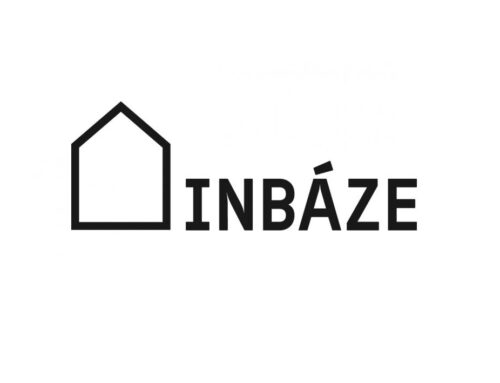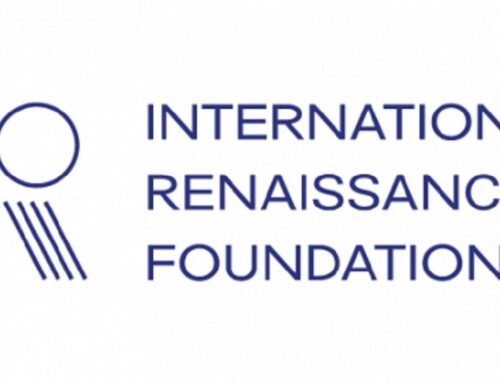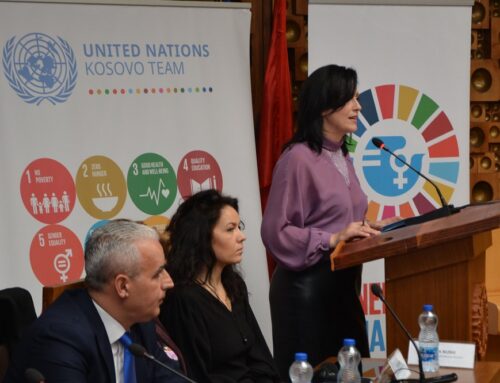Ileana Sanchez
Migration is part of a heated debate across Europe. From Europe to Africa to every other continent, migration affects society, economies and politics. Given the complexity and rise of this phenomenon in Europe, the views on this issue will differ depending on age, location and ideology. To understand the depth of migration in Eastern Europe, we have interviewed a young Slovak woman who studies International Relations at an international school. Slovakia, part of the Visegrad Group, is no stranger to the impacts of migration trends. In this interview, Katarina will elaborate and share her insights on migration, its perception in Slovakia, migration policies,band cultural challenges.
Q: Hello, can you briefly introduce yourself, what you study, how old you are, where you’re from?
A: Hi, My name is Katarína. I am 23 years old and I am studying international relations with the concentration in human rights. I am from Slovakia.
Q: In your home country are there many migrants? Where are they coming from?
A: There are quite a lot from Vietnam, they have been declared an official minority.
Q: Why do you think there are so many migrants from Vietnam? Why are they coming specifically to Slovakia?
A: I think it is because Vietnam is a communist country and when Czechoslovakia was communist too, they had friendly relations so many of them settled here for a better life and for more work opportunities. Also, there is a big Korean community in Slovakia because of KIA, since it is a Korean brand and there is a cooperation between Slovakia and Korea.
Q: What is the general perspective of migration in your country? Does it vary between different ages and ideologies?
A: Not positive generally, the consensus is that people are scared of migrants especially from the middle east, as there is prejudice against muslims. The older the generation tends to be more critical because of the communist past, where they were not exposed to a lot of foreigners.
Q: Do you think the response to migrants is different depending on where they are coming from? For example if there are asians, muslims or from other parts of europe?
A: In the case of Slovakia, yes and no at the same time. Although society is more likely to help Ukrainians, there is a portion of the older generation especially which does not like lot of Ukrainians coming in. However there is more will to accept migrants from there. There is a difference between how people are treated based on when they migrate from. For Asians, I would say this is the group Slovakia is the most in favor to come, because of the perception of the Asian community being polite and hardworking.
Q: Do you know of any migration policies the Slovak government is implementing?
A: The Slovak government is not very fond of migration, as it reflects the mindset of the people. They did not accept the quota from Brussel, which came in 2015 during the migration wave in Europe and were vocal about not taking in migrants. The government dwells on migrants integrating into Slovak norms in society without trying to change them. That means making sure the migrants have an education of Slovak language, customs, history.
Q: Slovakia is part of the Visegrád Group alongside Czech Republic, Poland and Hungary. Why do you think these 4 countries in particular have similar views of migration?
A: They are all nationalistic, protecting their languages, customs and autonomy. This translates in the attitude to the migration, which comes out of fear of accepting something new. All of the Visegrad countries rejected the quota from Brussels due to their different viewing of migration. All the Visegrad countries dwell on the importance of remaining “european”. Most of them do not feel that it is possible to connect their culture with the culture of migrants.
Q: Do you think this view of migration in Slovakia will change anytime soon? Maybe with younger people in the government? Or is this perspective shared throughout ages?
A: I think it is already changing in society, being more open minded due to young people having experienced international world more and are more educated on this. Nevertheless, the government still remains conservative, including some extremist views by some of the politicians, who are scared of migration although Slovakia doesn’t have a big percentage of migrants.
Q: Thank you for taking your time for this interview.
In our interview with Katarina, a 23 year old Slovak student, she shared that the general perception of migration in Slovakia is negative. Even if Slovakia holds a vast number of Vietnamese and Korean migrants, the view on migration is blinded by prejudice and fears. The Slovak government represents the mindset of the citizens and is seen throughout their restrictive policies on migration. Slovakia alongside the rest of the Visegrád Group, prioritize the protection of national identity and proceed with caution in issues surrounding migration. Despite this, Katarina is hopeful that the younger generation is more open minded and the exposure they have to other cultures and countries will aid in fostering a better understanding and attitude towards migration.
Overall, our interview provides a glimpse into the general perspective of migration across conservative countries in Central Europe such as Slovakia. It highlights the obstacles and opportunities for topics as complex as migration.




